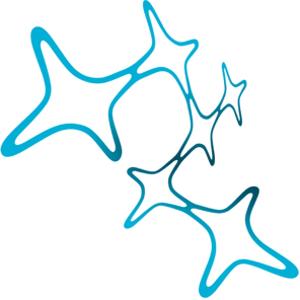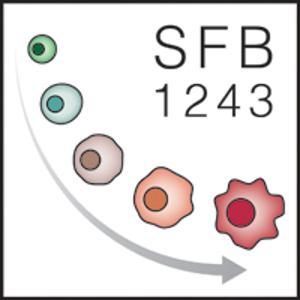Promotion


This website is currently under construction. Some functions or content may not yet be fully available or may not yet work properly. We are constantly working to improve the site - thank you for your understanding!

The Graduate School Life Science Munich (LSM) from Molecules to Systems of the Ludwig-Maximilians-Universität München (LMU) offers an international doctoral programme in life sciences covering areas of anthropology, biochemistry and cell biology, ecology, evolution, genetics, microbiology, plant sciences, systematics and zoology to outstanding motivated and qualified young researchers. The programme, which is complemented by lectures, seminars and workshops, provides comprehensive scientific training in one of Europe´s top ranking universities. It is open for students that hold a Master´s or Diploma degree. Additionally, the LSM accepts outstanding students with a 4 year (8 semester including written thesis) Bachelor degree. Applicants will be selected based on academic qualification, research experience and motivation.
If you are interested, please visit our website www.lsm.bio.lmu.de for further information about the doctoral programme and the online application process.
Contact information:
Faculty of Biology
Graduate School Life Science Munich
Nadine Hamze
Großhadernerstr. 2
82152 Planegg-Martinsried
Germany
Tel: +49 (0) 89 / 2180-74765
Fax: +49 (0) 89 / 2180-74752
Email: lsm@bio.lmu.de
www.lsm.bio.lmu.de

In the framework of the German Excellence Initiative (supported by the Wissenschaftsrat and the Deutsche Forschungsgemeinschaft, DFG) the LMU Munich has founded a new Graduate School of Systematic Neurosciences (GSN-LMU).
The training concept of the school is - among other things - designed to offer:
Contact:
gsn@lmu.de
Prof. Dr. Benedikt Grothe
Lena Bittl
Address:
Neurobiology, Biozentrum der LMU
Großhaderner Str. 2
D-82152 Planegg-Martinsried
Tel. +49 (0)89 / 2180 - 74302
www.gsn.uni-muenchen.de

The Collaborative Research Center SFB 1243 Cancer Evolution (Genetic and Epigenetic Evolution of Hematopoietic Neoplasms) studies different aspects of cancer development in an evolutionary framework, in particular the grounds for the poor prognosis of acute myeloid leukemia and indolent lymphomas. Using interdisciplinary approaches, the projects aim to decipher molecular mechanisms, measure the evolution of genetic, epigenetic and transcriptional heterogeneity in patients, mice and cellular systems, and to quantify relevant parameters by applying computational models.
The IRTG 1243 is a graduate program offering training in state-of-the-art techniques, including genetic engineering, single cell genomics, next-generation sequencing and computational data analysis. Research projects are supervised collaboratively by clinicians, molecular biologists, population geneticists, computational and evolutionary biologists. Doctoral researchers are encouraged to develop networking and communication skills necessary for successful careers in science.
Since the SFB 1243 is comprised of scientists from LMU Munich, TUM, the corresponding university clinics LMU Klinikum and Klinikum Rechts der Isar, and the Helmholtz Zentrum München, the IRTG works closely with the corresponding institutional graduate schools (LSM, MMRS, TUM-GS, HELENA) to provide the best appropriate program content for individual members.
For more information, please see the graduate program section at www.sfb1243.bio.lmu.de.